How to Budget in Your 20s
The ins and outs of budgeting from an accountant that loves to keep track of her cash, but wouldn’t consider herself a budgeter! Keep reading for the what, when, why and how of my budgeting methods plus a FREE downloadable budget spreadsheet!
Budgeting is hard.
I’m not going to lie. I love it, but also suck at it. In the end, I know that it’s what I need to do to ensure I have enough cash and I’m saving enough cash for the future.
I budget differently than most. I would say on a monthly basis, I keep track of what I spend. On a yearly basis is where my budgeting comes in.
As a single gal in her 20s with no responsibilities other than showing up to work and paying rent, my spending is pretty sporadic. I might spend twice the amount one month what I spent the month before on a certain budget item. That’s why I don’t think a monthly budget is for me.
Because my budget is sporadic, I budget on a yearly basis.
That means I have an amount I limit myself to per year rather than per month, which is what most people do. This allows me to dip into different buckets in the month I’m going to use it. For instance, I get an oil change for my car every once and while, but obviously I don’t need money budgeted per month for that expense. In a regular system, I would put maybe, $10 per month and the month of my oil change, I would inevitably be over budget. Instead, I’ll estimate $120 per year, and that way I’m never “over budget” any certain month.
On a monthly basis, I track my spending.
This is the first step of budgeting. If you do one thing for your finances this year, let it be tracking your spending.
I didn’t track my spending until 2017 when I started working full time for an internship. I was BLOWN AWAY with how much I was spending on small frivolous shit. My spending was within my means, but I wouldn’t second guess buying something online every other day or spending my Saturdays at the mall buying clothes. The tracking of my spending brought my spending habits to my attention. I couldn’t ignore the fact that I went to Homesense every week and bought more crap for my room. All of which I didn’t have room for or need in the slightest.
Once I started tracking, without even constraining myself to a budget, my spending went down.
It went down for no other reason than I realized what I was spending. That made me second guess a few of those Homesense trips. Did I really need it? Was I going to use it? Did I really want to write down that I spent that? Things changed when I started being diligent about knowing where my money was going.
Because of how small my financial responsibilities are, there are a few things I usually don’t say no to:
1. Groceries.
If I want something from the store, I’ll pretty much always buy it. When I first moved out of my parents house, I wasn’t buying any of the good fruit and rarely had the yogurt I liked because it was “too expensive”. That ended pretty quickly once I realized how much more I liked my life if I actually enjoy my food. Crazy hey?! Now, I’ll splurge on that pack of strawberries every. dang. time. because it makes me that much happier. And that’s something I’m willing to spend on!
2. Having fun with friends.
Obviously everything within reason. It’s not like I’m going to concerts every week, but if someone asks me to go for dinner or a drink, my budget won’t be what holds me back. If quarantine has taught us anything, it’s say YES to doing fun things!
The best part about budgeting is you can make it work for you. If you LOVE to buy Starbucks every day, budget that in! You might have to take a little out of your grocery budget for the year, but who cares?! There’s no one stopping you from buying what you enjoy.
Spend your money on things you love and save everywhere else.
The one overall tip that you should always, always live by: Spend less than you make. If you do this, you’ll always have money left over to save.
The yearly budget is perfect for me because I can start with how much I want to save in a year, and work backwards. I know how much money I’ll make (for the most part), so I decide first how much I’d like to save. This includes all versions of savings – from employer sponsored retirement plans, to TFSA contributions to future vacation accounts. Decide on a number and then work backwards to your yearly budget for other items. You know for the most part how much rent, utilities, your phone bill and other recurring expenses are, so throw those in there!
After all that, now it’s time to start allocating to different variable spending. These are things like shopping, entertainment, eating out, fitness, etc. I set a monthly amount that brings me to the yearly amount once I multiply by 12. I don’t stress if I’m over one month because I know my goal is to be within the budget for the year.
This does make Christmas trickier though ha! Try and plan for these expenses that you know you’ll have early. You know you’re going to be balling out when December comes, so give yourself some leeway. Maybe hold back a bit in November so you have the last bit of your budget available for the end of the year.
To sum it up:
Keep track of your spending.
Budget on a yearly basis.
Spend LESS than you earn.
If you need some help, you can download the exact budget spreadsheet that I use every single day below!
Enter your email for access to the Vic Version Resource Library, including the Budget Spreadsheet!
I follow a lot of budgeting gals on Instagram because I LOVE to see what other people are doing. Check out my faves below:
What are your favourite budgeting tips?! I’m always looking to see if there’s an easier way to keep track!
xx Victoria
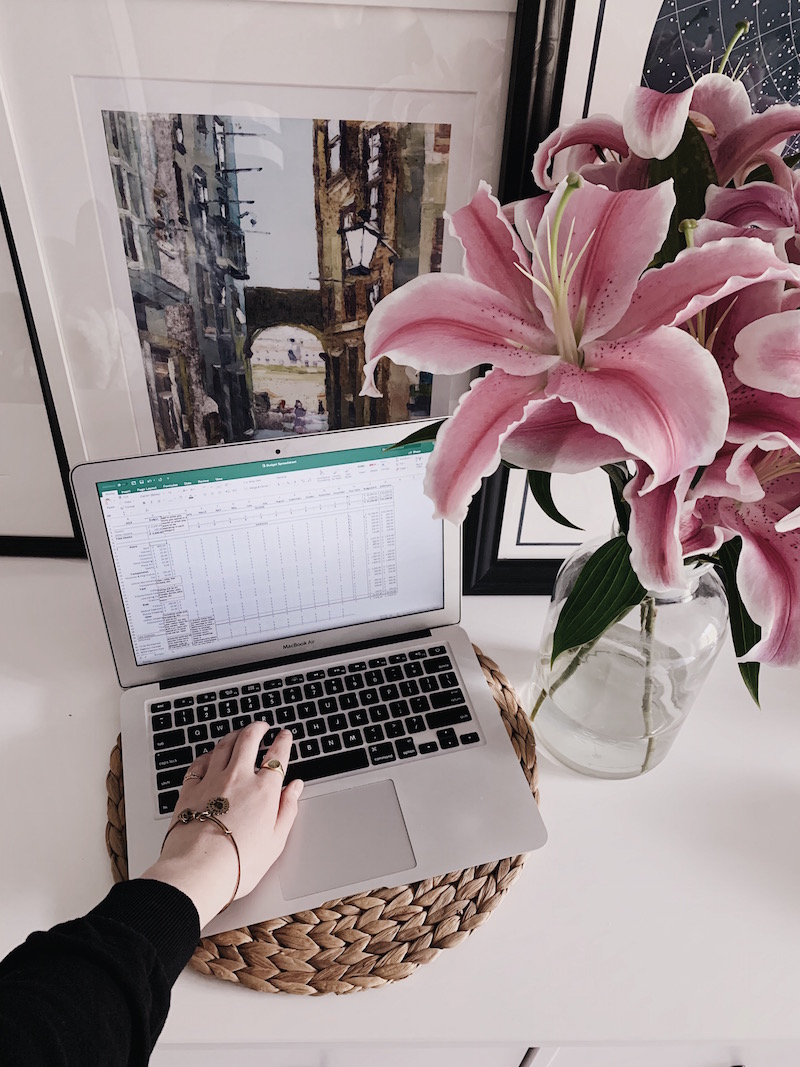
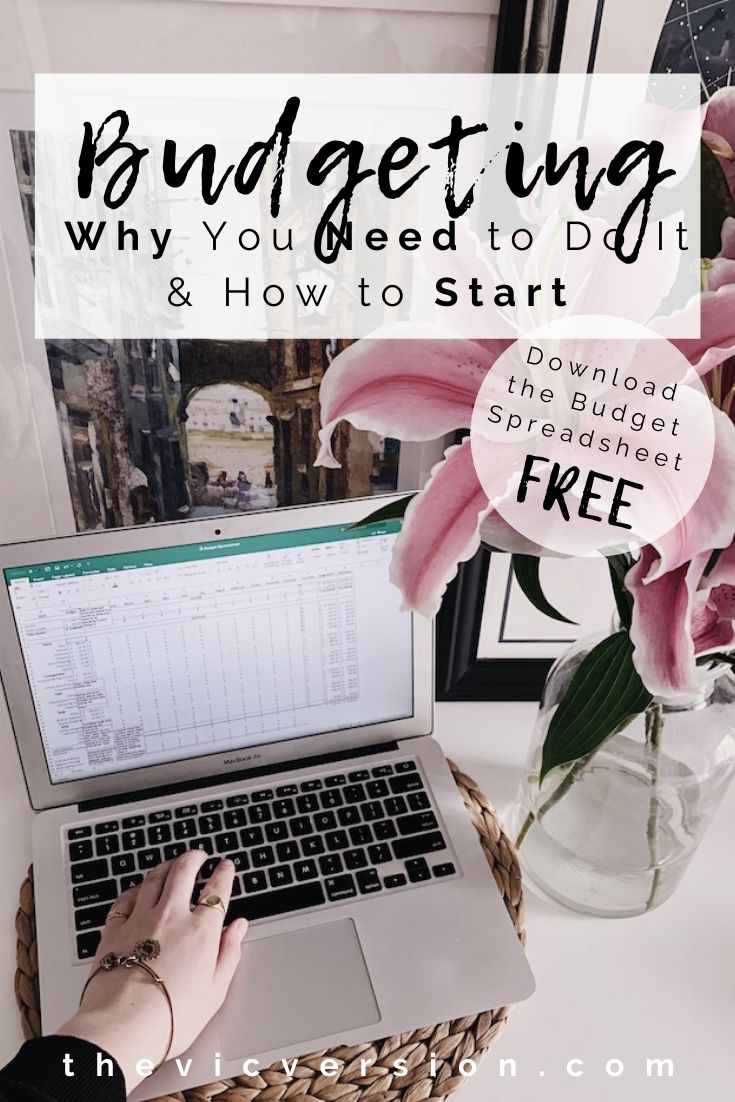
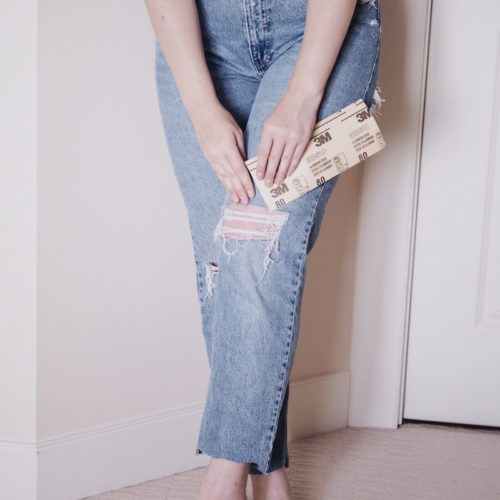
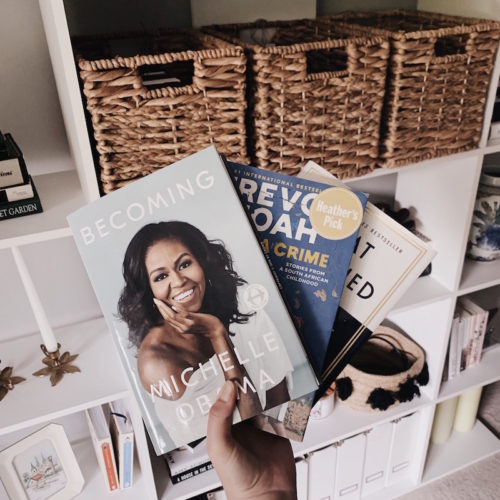
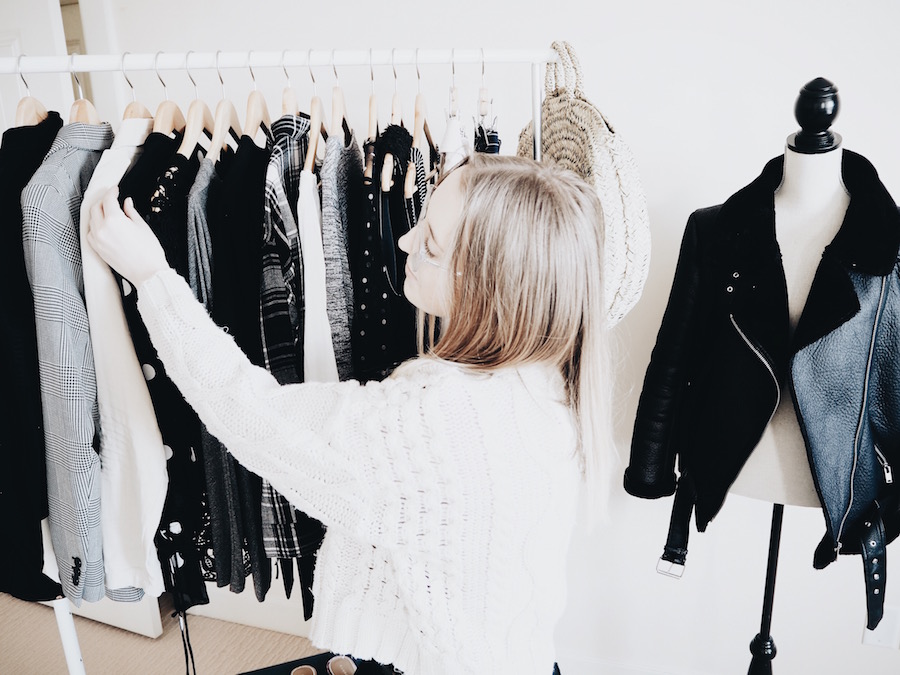
Leave a Reply